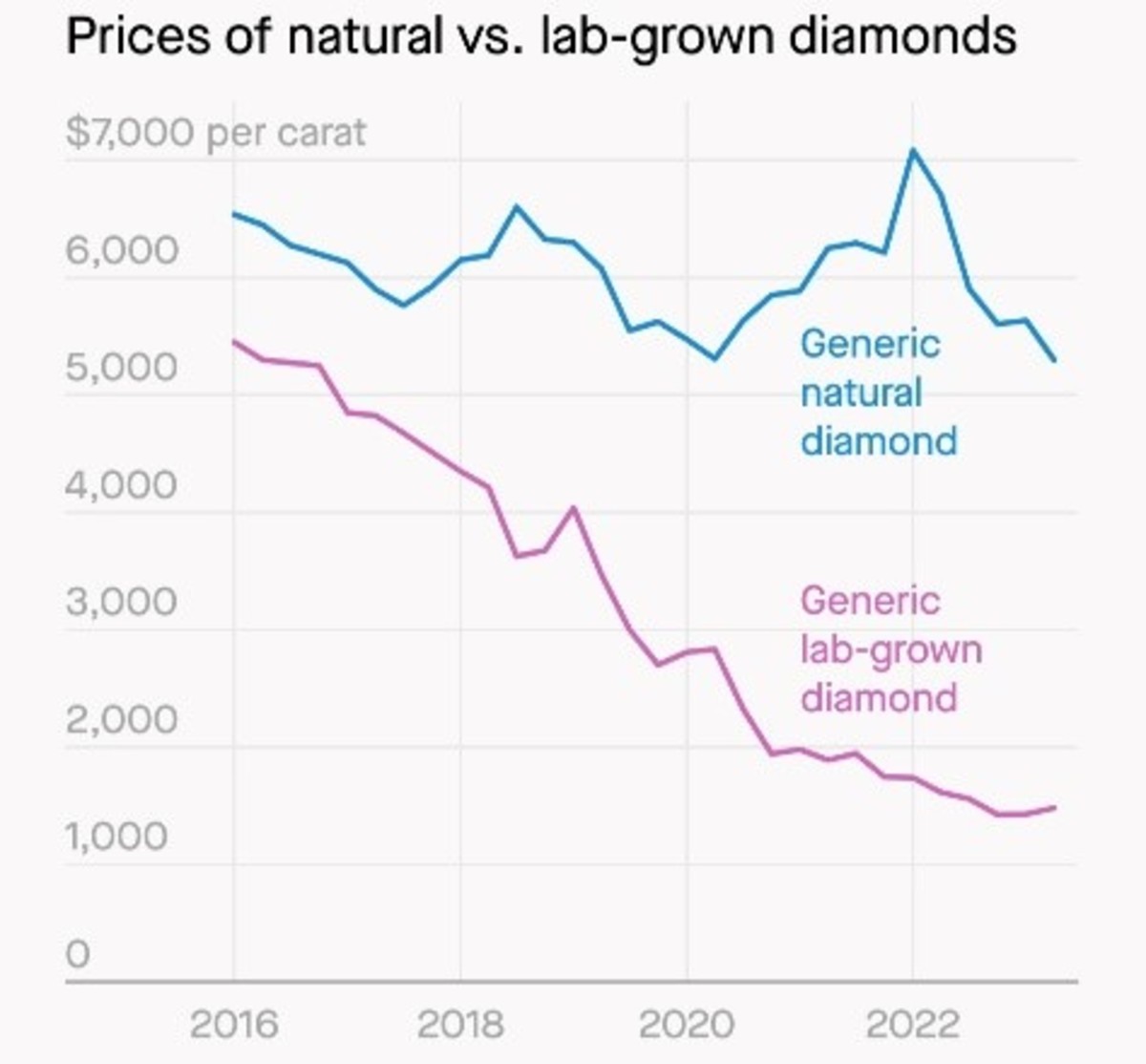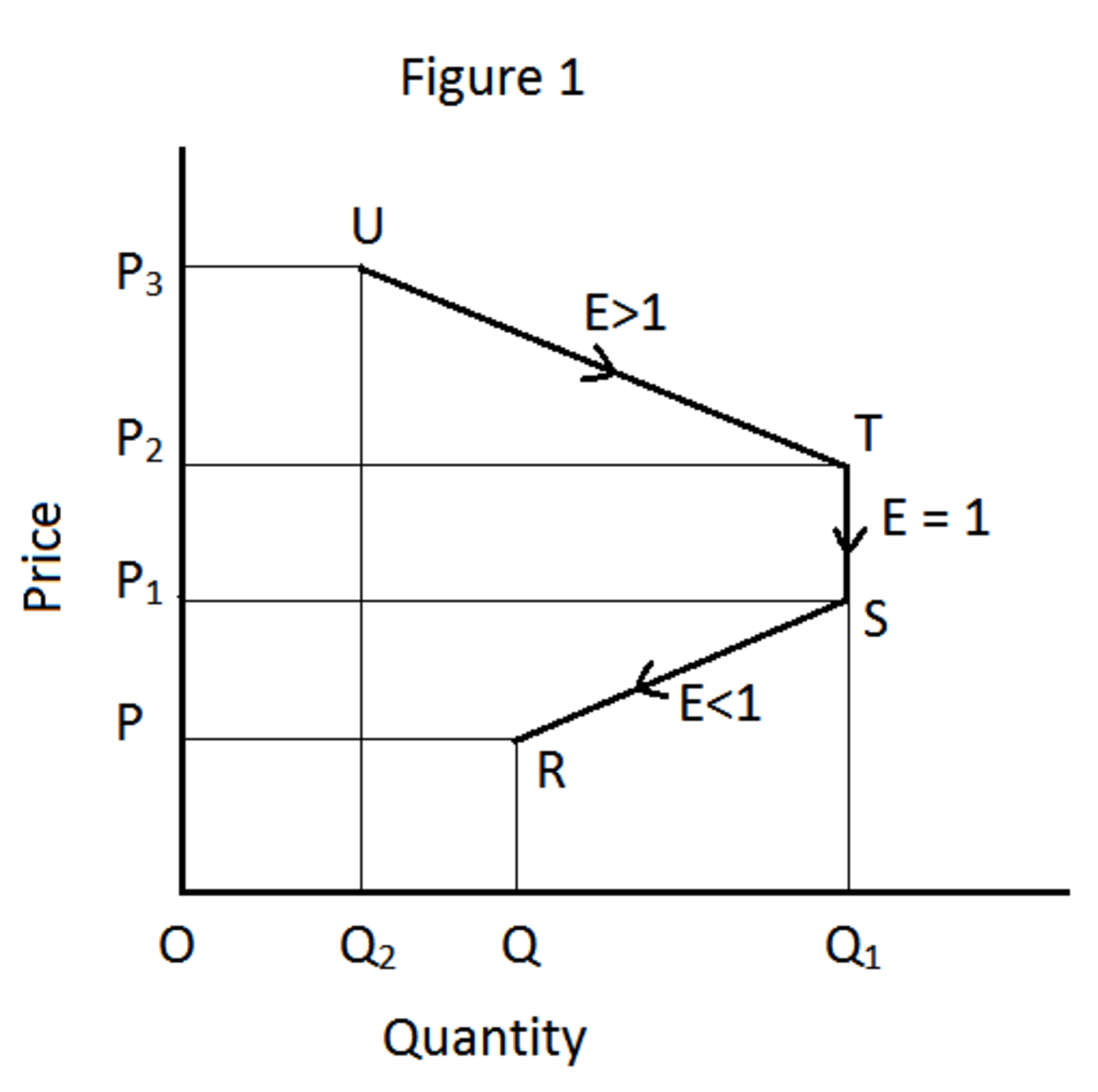My Favorite Scams

Strange Ways to Spend Money
We humans often spend our money in strange, irrational ways, and there are plenty of industries out there dependent on our weirdness. For this post, I have compiled a list of the industries that I most deeply respect for their ability to convince people to throw away money. Salespeople and marketing experts everywhere should bow down and worship each of the following contributors to economic growth and happiness
Diamond Jewelry
It turns out that diamonds have several practical uses. They are often used to make sharp cutting tools or to make various products more durable. But normal people don’t get excited about diamond-coated machinery. When you say diamonds, people think of the shiny rocks that we stick on rings, necklaces, and bracelets. People often spend obscene amounts of money on these glittery stones, and it’s not because they want a portable cutting tool. These are tools of adornment, and some people will claim that they fork out the big bucks to look really pretty. But let’s be honest. This is one of the ultimate examples of conspicuous consumption in world history. If you have some big shiny rocks, it says something about your social class.
Now the diamond industry could make boatloads of money just by milking people’s desire to show off. What makes them true marketing geniuses, however, is their ability to convince people that diamonds are symbols of romantic love. Nothing is more romantic than overpriced shiny rocks, and if he (or occasionally she) really loves you, he will get you that tennis bracelet or big freaking ring. It’s amazing how many people accept that premise without a second thought.
Cigarettes
The jewelry industry sells useless products with perceived value. The tobacco industry, however, deserves even more respect for its ability to sell products that harm people’s health, make them and their surroundings smell like crap, and turn them into drug addicts. Amazingly, this industry is able to do this in the United States in spite of high excise taxes, restrictions on advertising, and well-funded campaigns to stop people from smoking.
So how do they do it? Lacing products with nicotine is helpful, but you still have to get people to start. The key is to catch people young when their brains have not fully developed common sense. Teenagers are especially good targets because they are naturally rebellious. Apparently, in the minds of some teenagers, smoking is an act of rebellion against the old people who are trying to keep them away from this pleasurable, adult-like activity. Rebelling and trying to accelerate the process of “adulthood” increases one’s status among the “cool” teenagers. And if smoking is not enough to make you cool, you could always try drinking yourself into oblivion, driving like a lunatic, or (God forbid) talking back to teachers. Come to think of it, maybe the cigarette industry doesn’t deserve that much respect. They are selling to such easy targets, and campaigns to stop smoking provide free advertising by encouraging young rebels to do it.
Gambling
At least with gambling things are out in the open. Every gambler knows on a rational level that the house usually wins. This is especially true with pure luck, sucker games like lotteries, video poker, and slot machines. If I were to ever gamble, I would play games like blackjack, poker, or craps. At least these games involve a certain amount of skill and/or provide some entertainment. Why the hell would I want to sit there like a drone pulling a lever or pushing a button on a machine that is programmed to take more than it spits out? In addition, I would start by deciding how much money I was willing and able to lose on this entertainment. If I hit that number, then I’m done. Of course, some people do not have that level of self-control, and others who actually win some money will keep going in the hopes of continuing their hot streak. That’s the genius of it. Even with the games where the gambler has more of a chance, it’s human nature to keep going no matter what. Eventually, the odds will either catch up with you or keep kicking your butt until there is nothing left.
Special Occasions
During the special moments of life – a wedding, the birth of a newborn baby, a vacation – people will spend money more lavishly than normal. Industries that rely on these events will milk this tendency for all it’s worth. Places that cater to tourists sell everything for at least double the normal price. Hotels, amusement parks, and other vacation spots may offer a discount rate to get you there, but then they bleed you dry on everything else. Normally, you might resist that $50 Mickey Mouse sweatshirt or overpriced extra drink (or two), but since you are “on vacation,” you might be willing to pay it.
Baby clothes that might fit for a couple of weeks, plastic noisemaking toys, and redundant, unnecessary baby furniture and appliances are not cheap either. But it’s “for the baby,” and the more that you spend, the better parent you must be. Weddings, of course, are the same scenario. Part of this, like diamonds (and vacations), is conspicuous consumption. Some of this crazy spending, however, comes from a genuine desire to have a memorable, special day. Photographers, wedding coordinators, flower shops, and other wedding-dependent industries know this well, and they are more than happy to take advantage of our propensity to spend in order to have that “special occasion.” After all, the more that you spent, the better the experience must have been.
Make-Up
It’s amazing how much money people will spend to paint and powder themselves. If you look at it objectively, a painted face is no more attractive than a natural one. By convincing us that wrinkles and plain old skin are unsightly, they have created a profitable, pointless industry. And as usual throughout history, these strict beauty standards, in the United States anyway, have been largely dumped on women. We men in the United States may occasionally throw on some make-up under certain circumstances, but the only significant pressure on us is to get more hair on the tops of our heads or to remove it from everywhere else.
Fashion
I recognize that there are certain types of clothing and handbags that look nicer and are of higher quality than others. Some, however, are obscenely expensive because of the name of the fancy designer on the label. Still others would never be worn in public by a normal human being. This is especially true of the ridiculous stuff that you see models wearing or carrying around on fancy fashion show catwalks.
The concept of certain items being “in style” is also another part of the fashion scam. How can it be that something so prized at one moment suddenly becomes outdated crap a few months later? Some of this may be the public’s insatiable appetite for something new. I can’t help but think, however, that some of this “in style” concept is generated by the industry itself. If you need people to keep buying continually, then you cannot afford to have people wait around until the clothes wear out. So every now and then, you convince people that the styles have changed. Then, people will need to hit the shopping mall in order to prevent being caught dead in clothing that is “so three months ago.”
Fine Wine
On a recent radio show, I heard about a test that was conducted involving professional wine critics. In each test, the taster would compare an average priced wine with one of the most expensive vintages, not knowing which was which. More often than not, the “professional” wine taster said that the cheaper brand tasted better. God only knows if less well-trained tongues could tell the difference between the supposedly fancy and the average. Even if they could tell the difference, it is hard for me to imagine how any bottle of any beverage could be worth hundreds (or thousands) of dollars a bottle. It’s just a liquid made from old grapes, for God’s sake! It proves that when people have more money than they could possibly spend, there is a tremendous opportunity for those willing to rip them off. (And by the way, everything that I just said could also apply to many other culinary “delicacies.”)
If you have more nominees, feel free to comment. Also, if you have issues with my observations, feel free to straighten me out. You might be surprised, however, by how hard it is to give a rational argument in support of behaviors that we have been conditioned to think are normal.














